In the ever-evolving digital symphony, where your music competes against a cacophony of online noise, mastering SEO is like finding the perfect pitch in a sea of sound. Imagine SEO as your digital conductor, orchestrating your online presence to the forefront of search engines, where your music doesn’t just play in the background—it takes center stage. And guess what? Plerdy, with its suite of SEO tools, is like having a virtuoso in your band, fine-tuning your website’s performance to captivate your audience. Dive into these 10 SEO tips, where you’ll discover how to make your music echo in the hearts of fans and search engines alike.
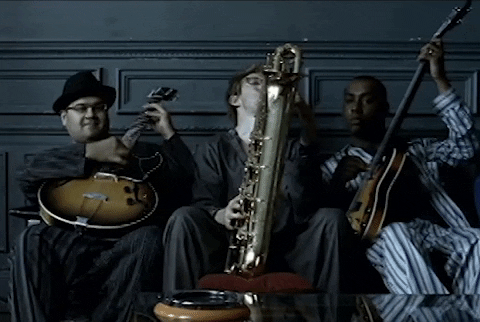
Understanding SEO Basics
Definition and Relevance:
- SEO: Improves search engine rankings for your website and content.
- Relevance: For musicians, when someone searches for music like yours, your website pops up, not buried in the noise.
Why SEO Matters:
- Visibility: Without SEO, your music might never reach potential fans searching online.
- Engagement: SEO helps engage with fans actively looking for your type of music.
- Competitiveness: It keeps you competitive in an increasingly digital music industry.
Getting SEO right can feel like composing a hit song: it requires creativity, understanding your audience, and sometimes trial and error. Start with keywords related to your music, a user-friendly website, and engaging content.
Keyword Research and Selection for Musicians
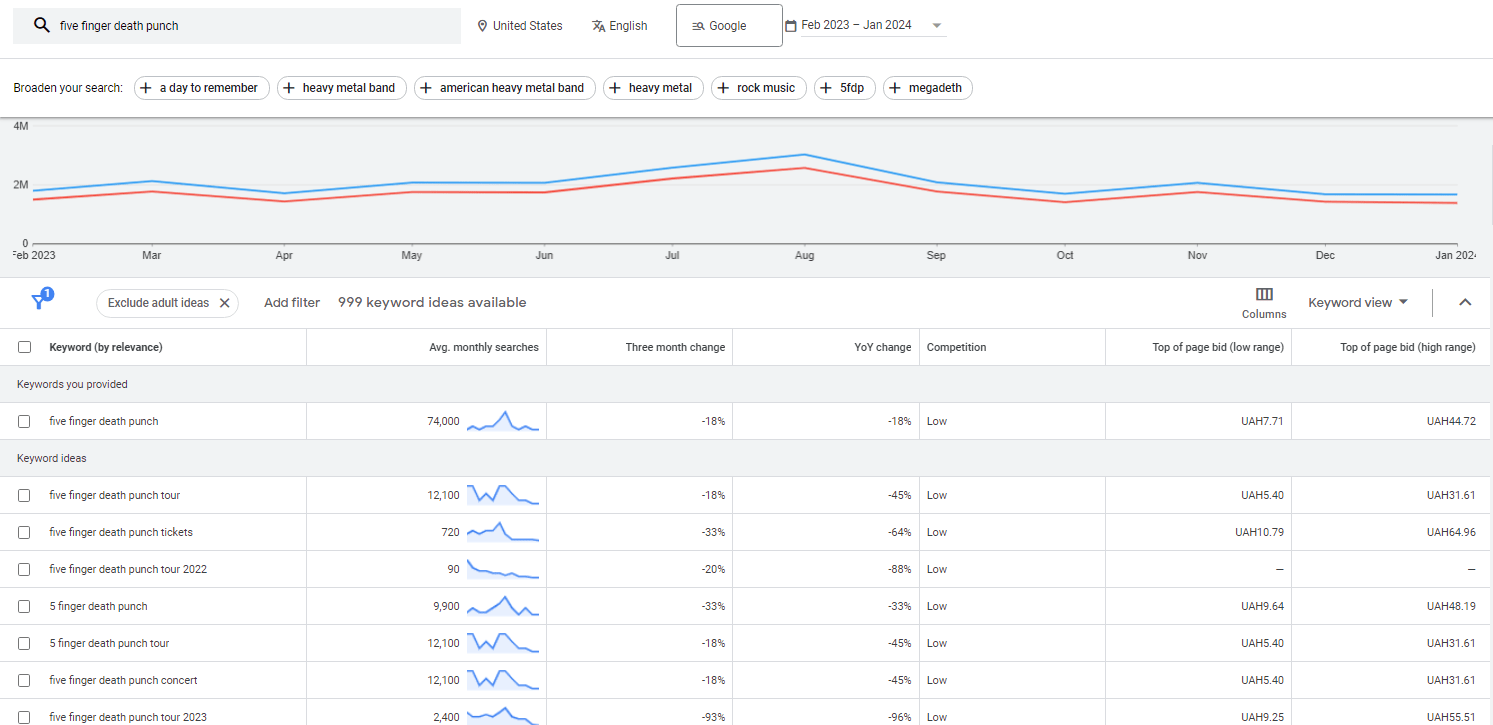
Selecting the right keywords for a musician’s website is like writing lyrics that resonate with your music audience – it’s essential for your song, or, in this case, your music website, to be heard and discovered by fans.
Research Tools for Musicians:
- Utilize tools like Google’s Keyword Planner or SEMrush to discover popular search terms related to music and musicians.
- Examine trends to see what your potential music fans are searching for.
- Websites like AnswerThePublic provide insights into common queries in the music industry.
Keyword Types for Music Websites:
- Brand Keywords: Include your band or artist name for fans searching for your music.
- Generic Keywords: Use terms related to your music genre or style to attract a broader audience interested in that music type.
- Long-tail Keywords: Phrases like “best indie rock bands 2024” can target specific, niche audiences in the music community.
Incorporating these keywords into your musician website content, meta tags, and even music blog posts can boost your online visibility in the music industry. The goal is to be as specific and relevant to your music audience as possible, using keywords that align with your musician’s brand and style.
Optimizing Website Content
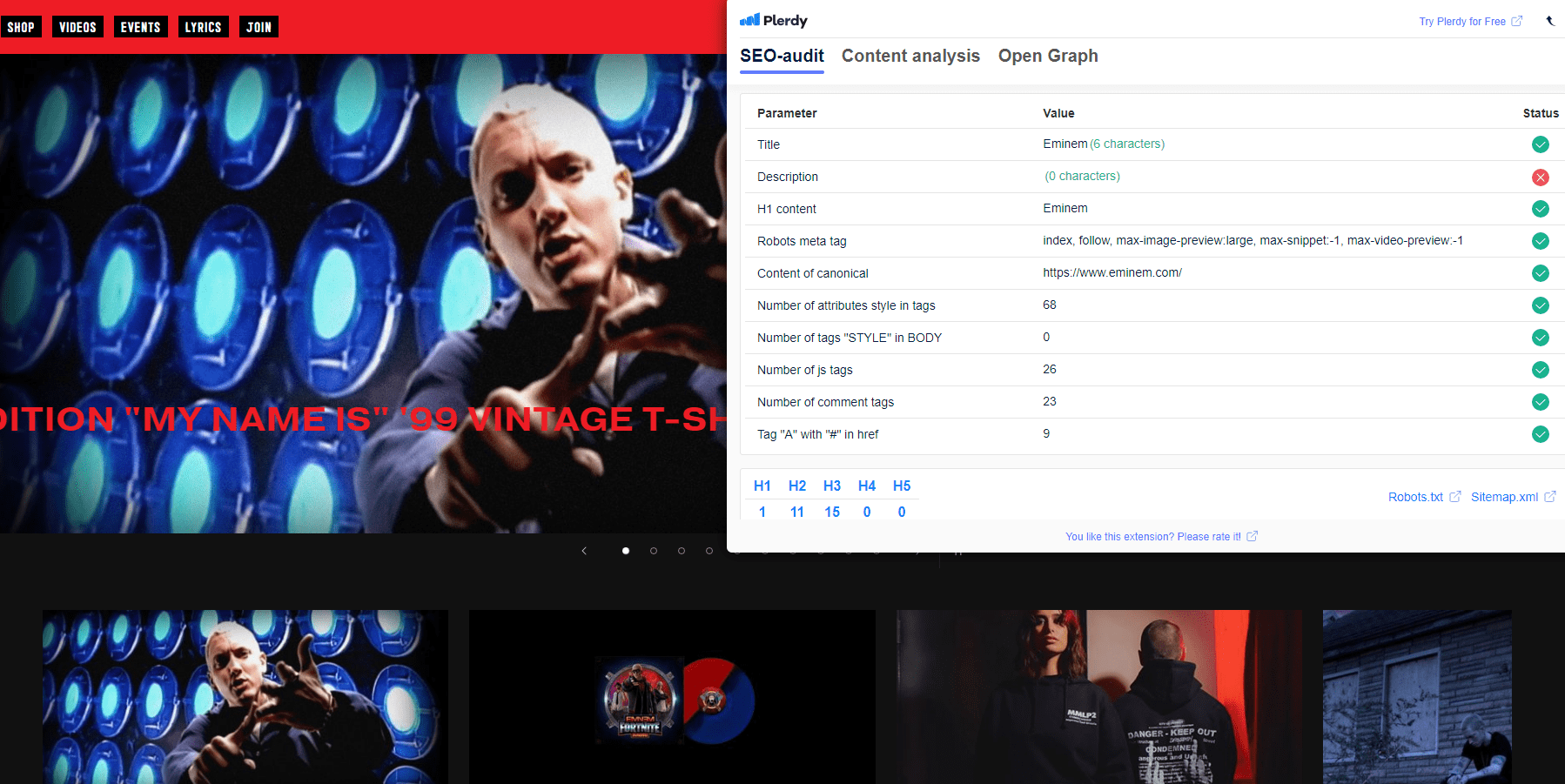
Imagine your website as your stage. Just as you fine-tune your instruments, optimizing your website content ensures every note hits the mark in the digital concert hall of search engines.
On-Page Elements:
- Meta Title and Descriptions Tags: Your titles and descriptions should be catchy, incorporating key keywords. They’re like the chorus of your song, memorable and inviting.
- Headings: Structure your song with H1, H2, and H3 tags like verses, choruses, and bridges.
Structuring Content:
- Engaging, Relevant Content: Your website should tell your story compellingly, including your biography, discography, and tour dates.
- Multimedia Elements: Incorporate images and videos, but remember to tag them with descriptive, keyword-rich alt texts.
- Internal Linking: Guide visitors through your site with internal links, like a setlist that smoothly transitions from one song to another.
Creating a pleasant user experience for your audience and search engines is website content optimization. Fans should find a rich, entertaining, and easy-to-navigate environment on your site that matches your music’s richness and artistry. Every element on your website affects SEO, just like every chord in a song.
Leveraging Social Media for SEO as a Musician
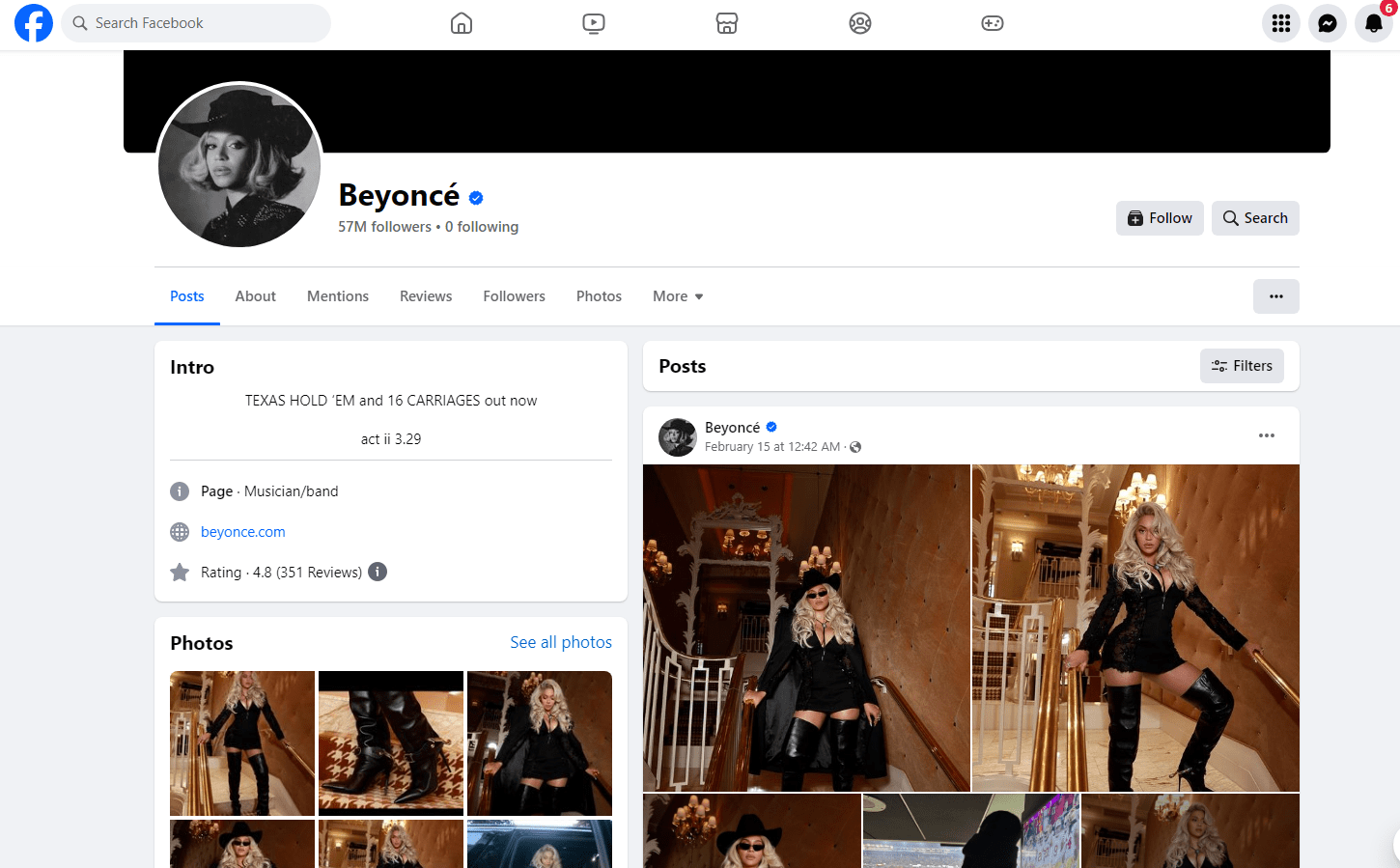
In the digital age, social media is a musician’s virtual concert hall, where each post can amplify your online presence in the music industry, much like how a guitar riff echoes in a stadium, enhancing your SEO as a musician.
Social Platforms for Musicians:
- Consistent Profiles: Ensure your social media profiles across platforms like Instagram, Facebook, and Twitter reflect your musician brand and are linked to your music website for better SEO.
- Active Engagement: Regularly post engaging music content, respond to comments, and participate in relevant conversations in the music community. It’s like interacting with your audience between songs at a gig, boosting your SEO as a musician.
Content Strategies for Musicians:
- Shareable Content: Create music content your audience will want to share to boost your SEO and digital footprint.
- Hashtags and Keywords: Use music-related hashtags and keywords in your posts to improve SEO for artists.
Musicians can use social media for SEO by building a community around their music. Each like, share, and comment boosts your online presence as a musician and strengthens the connection with your audience, contributing significantly to your SEO efforts in the music industry.
Mobile Optimization
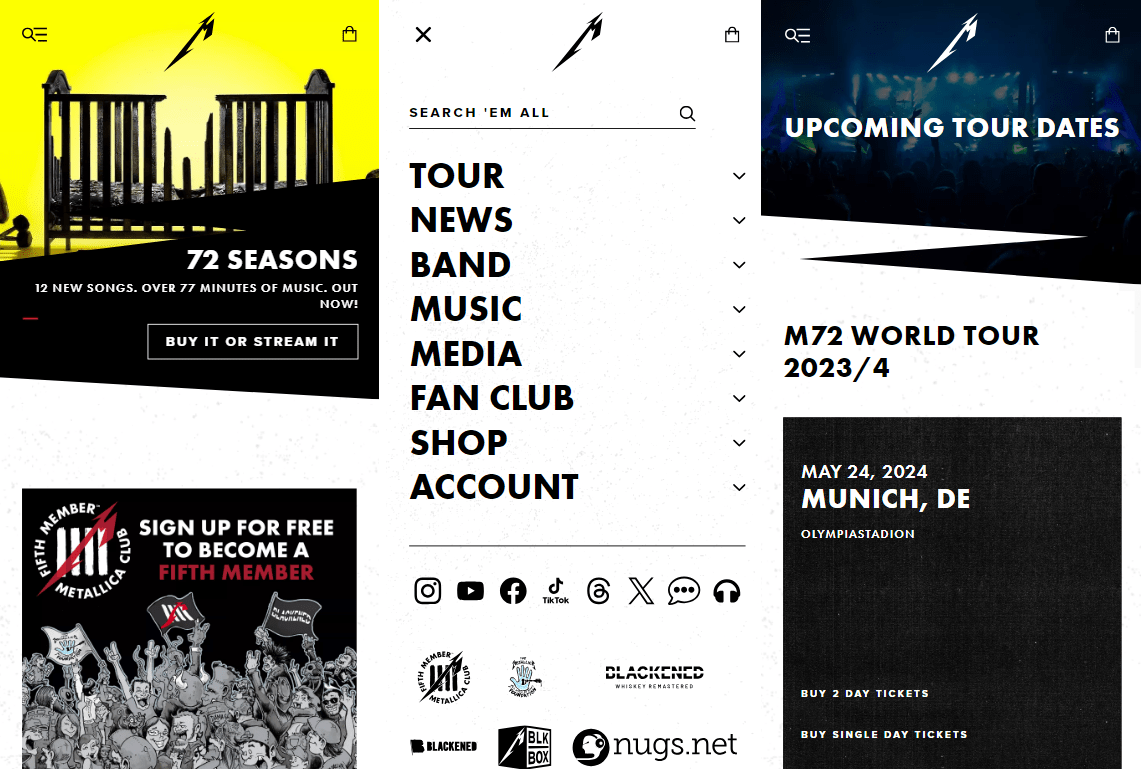
In today’s world, your website is like a digital album cover; most fans view it on their phones. Make sure your website is mobile-friendly, like your music, which sounds amazing on every speaker.
- Importance: Mobile optimization is crucial because most online traffic comes from mobile devices. A site that isn’t mobile-friendly is like a concert venue with poor acoustics; it just won’t attract the crowd.
- Best Practices: Ensure your site is responsive, adjusting seamlessly to different screen sizes. Page loading speed is also key; a slow-loading site is like a delayed concert start, frustrating for fans.
Optimizing for mobile is not just a technical necessity; it’s about providing your audience with a seamless and enjoyable experience. Just as you wouldn’t ignore half of your audience at a show, you can’t afford to ignore those accessing your site via mobile. In the digital music scene, your website’s mobile performance could be the first impression you make on many of your fans.
Creating High-Quality, Relevant Content
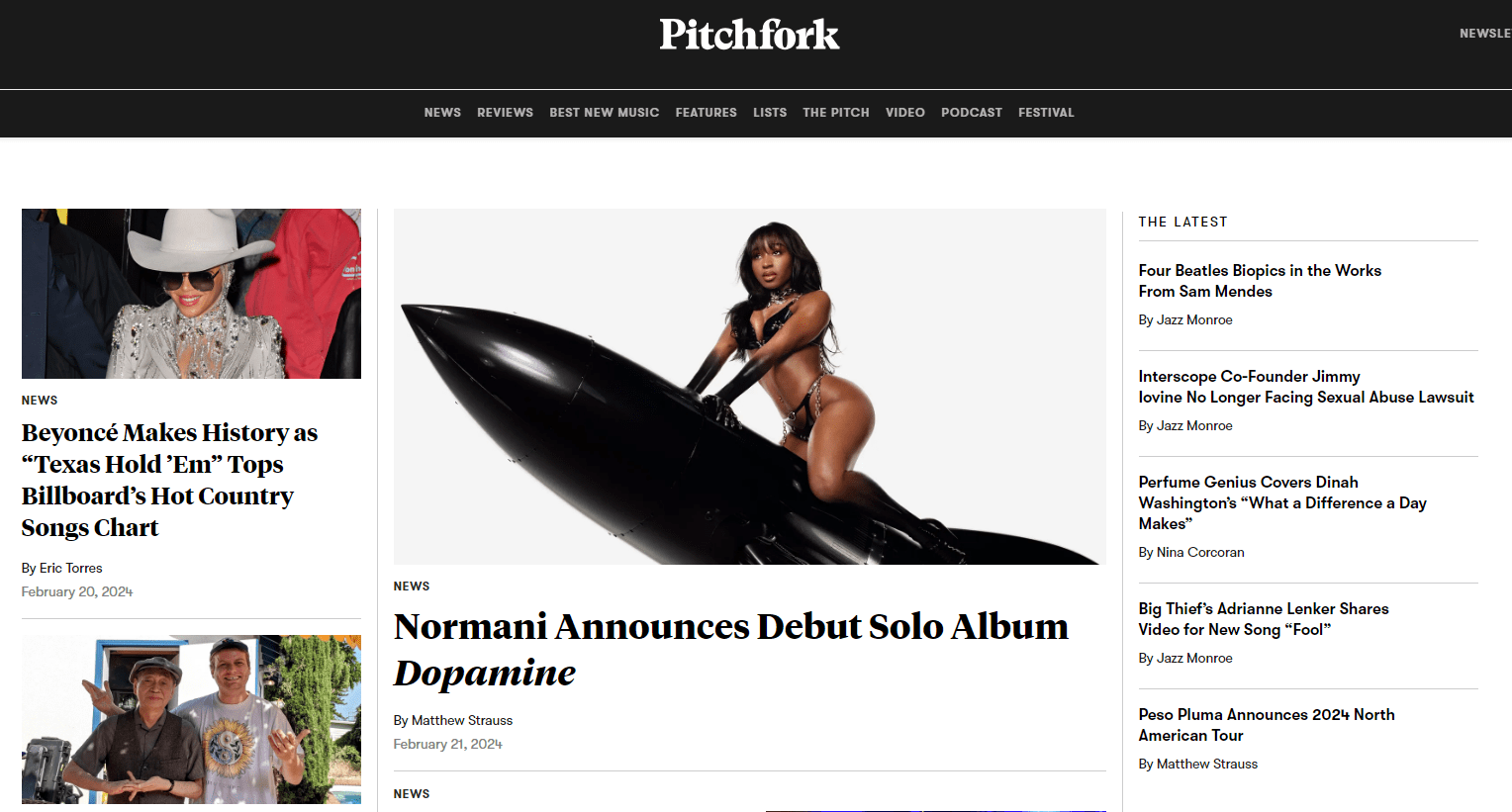
In the music world, content is your lyric and melody combined, making your audience feel connected and engaged. High-quality, relevant content on your website resembles a hit song that resonates with its listeners.
Content Types:
- Biographies and Stories: Share your musical journey, inspirations, and behind-the-scenes stories. It’s like giving fans a backstage pass.
- Blogs and Articles: Discuss your music genre, events, and albums. These provide depth to your site and keep fans returning for more.
Engaging Audiences:
- Interactive Elements: Include features like polls, quizzes, or song requests to engage visitors actively.
- Regular Updates: Keep content fresh and up-to-date. A dynamic site is like a live concert experience, always offering something new.
Creating high-quality, relevant content is about more than just filling your website. It’s about building a space where your audience can deeply connect with your music. It’s your digital stage where every word and image should reflect the essence of your art. In the digital realm, your content speaks volumes about your brand and is key to attracting and retaining your audience.
Backlink Building Strategies for Musicians in SEO
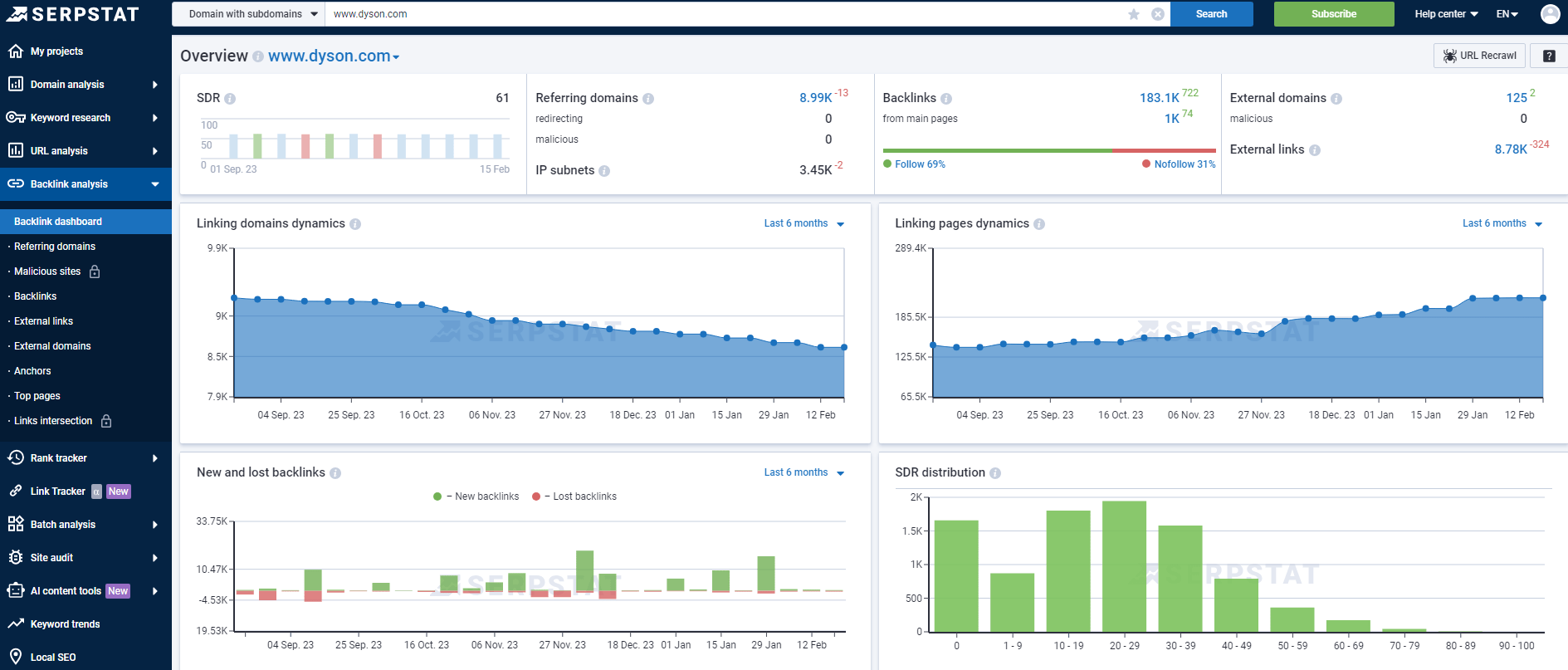
In the digital music scene, backlinks are endorsements from other artists and music platforms – they boost your SEO credibility and visibility as a musician. In the music industry, a solid backlink profile is crucial for SEO.
Networking for SEO in Music:
- Collaborations: Other artists and industry bloggers can connect to your music site. It’s akin to joining forces for a musical collaboration that benefits both parties regarding SEO.
- Guest Posts: As a musician, write articles or blogs for popular music websites and link to your site to boost SEO.
Collaborations for SEO in Music:
- Music Reviews and Interviews: Get featured in music reviews, interviews, or podcasts and ensure they include a link to your website, a strategy that strengthens your SEO as a musician.
- Social Media Partnerships: Engage in social media collaborations where partners can link to your music site or specific content, boosting your SEO.
Building backlinks as a musician in the realm of SEO is about creating meaningful connections within the music community. It’s not just about increasing numbers but about fostering relationships that organically grow your online presence. Each backlink is a vote of confidence in your music and brand, raising your search engine ranks and expanding your audience through SEO.
Utilizing Analytics and Tools
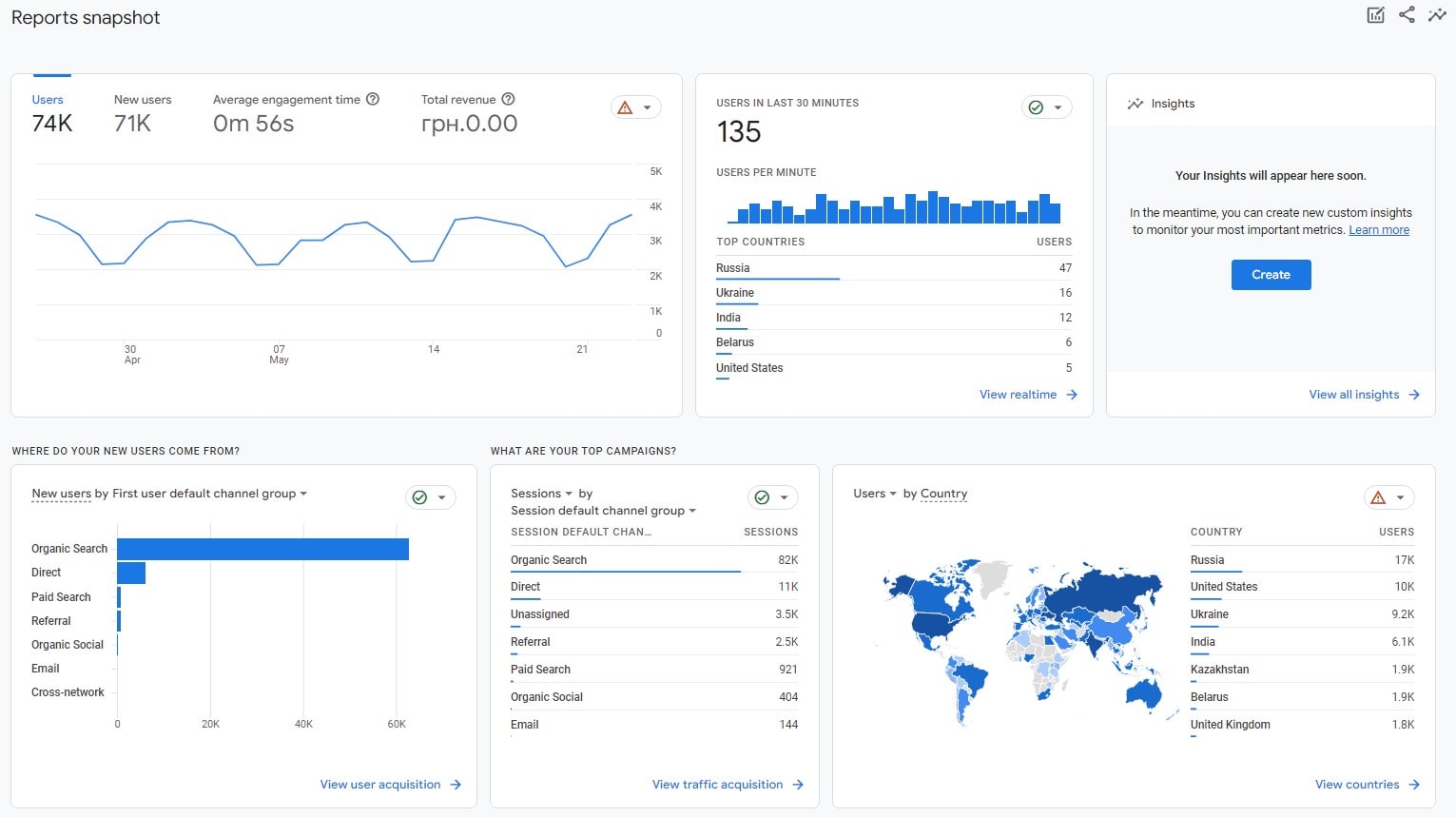
Understanding your audience is as crucial as the chords you play in music. Utilizing analytics and SEO tools is like tuning into your audience’s preferences and behaviors, ensuring your music hits the right note every time.
Monitoring Performance:
- Google Analytics: This tool shows who visits your site, how they use it, and which pages are most popular. It’s like getting feedback from your audience after a show.
- SEO Tracking Tools: Tools like Moz or SEMrush can track your website’s performance in search rankings, helping you fine-tune your SEO strategy.
Tool Overview:
- User Behavior Analysis: Understand what content keeps your audience engaged, just as you would note which songs get the most applause.
- Traffic Sources: Find out where your traffic comes from—direct searches, social media, and other websites.
Analytics and SEO tools aren’t just technical; they help you engage with your digital audience. Analyzing this data lets you make informed judgments, like a musician changing their setlist based on audience response. In the digital concert of SEO, understanding your audience through analytics is key to a standing ovation.
Engaging with Your Audience
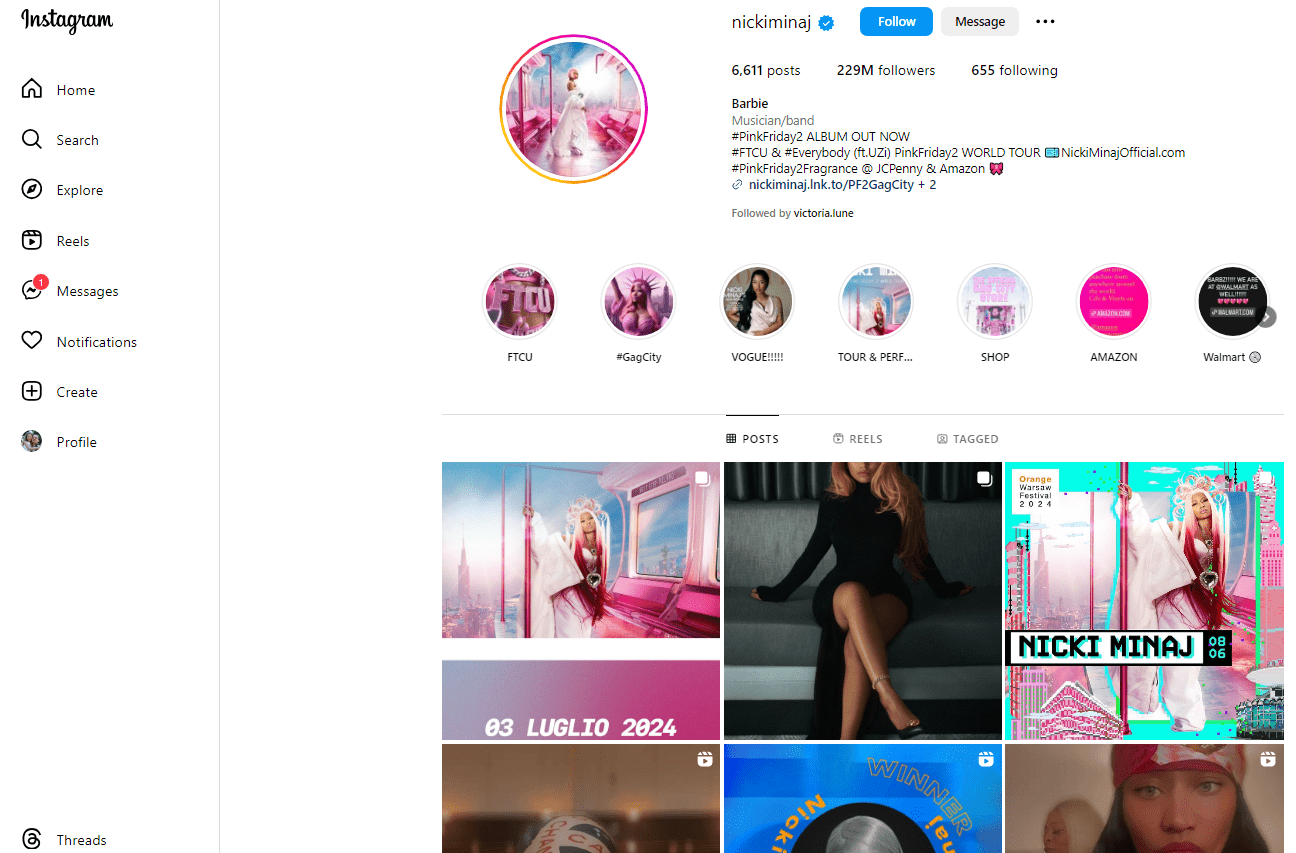
Engaging with your audience in the digital world is like the encore of your concert – it leaves a lasting impression and builds lasting connections.
Communication:
- Interact on Social Media: Talk to people and respond to messages. It shows you value your fans as much as they value your music.
- Email Newsletters: Keep your fans updated with personalized messages, tour dates, and new releases. It’s a direct line to your most dedicated fans.
Engagement Strategies:
- Exclusive Content: Offer sneak peeks, behind-the-scenes looks, or early access to new songs. It’s like giving your fans a VIP backstage pass.
- Polls and Surveys: Involve your audience in decisions, like choosing a setlist for your next gig or the design for new merch.
Engaging your audience means building a music community. It’s about making each fan feel part of your musical journey. This engagement builds loyalty and strengthens your digital presence, turning casual listeners into lifelong fans. In the melody of digital marketing, audience engagement is the chorus that everyone sings along to.
Local SEO for Live Performances
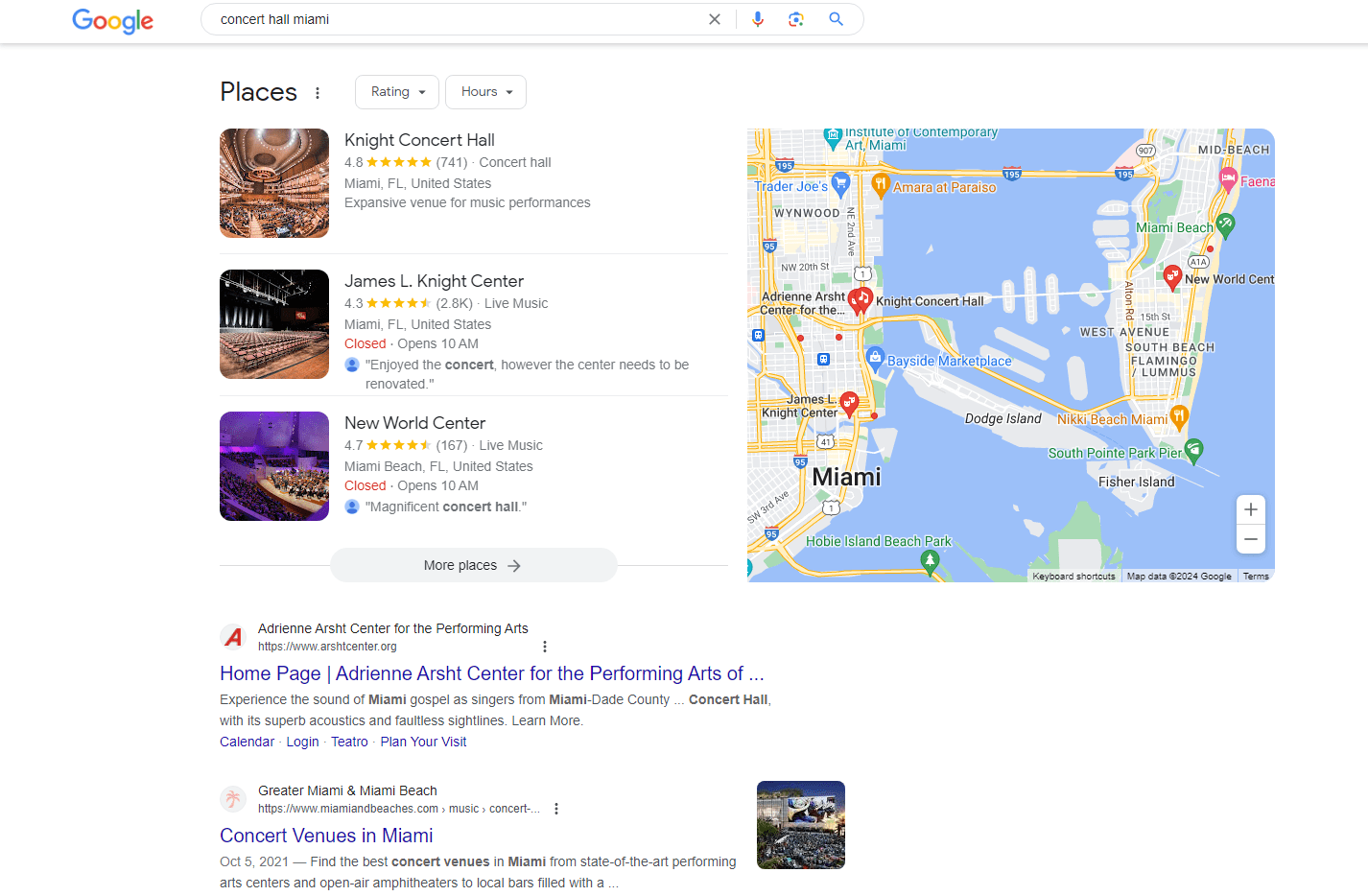
Local SEO optimization is like posting digital posters in your neighborhood to inform locals about your next concert.
Local Keywords:
- Incorporate Local Terms: Use specific keywords related to your city or region in your website’s content and tags. It’s like telling your fans, “I’m playing right in your backyard!”
- Google My Business: Set up and maintain your Google My Business profile with up-to-date information about your gigs. It’s a digital beacon guiding fans to your shows.
Google My Business:
- Update Regularly: Keep your performance schedule, location, and contact information current.
- Encourage Reviews: Ask fans to leave reviews of your shows, which boosts your local visibility.
Local SEO for live performances ensures those closest to you can easily find your shows. It’s about creating a buzz in your local community and ensuring your fans take the chance to see you live. In the symphony of SEO, local optimization plays a key role in filling the seats at your gigs.
Regular SEO Audits and Updates for Musicians
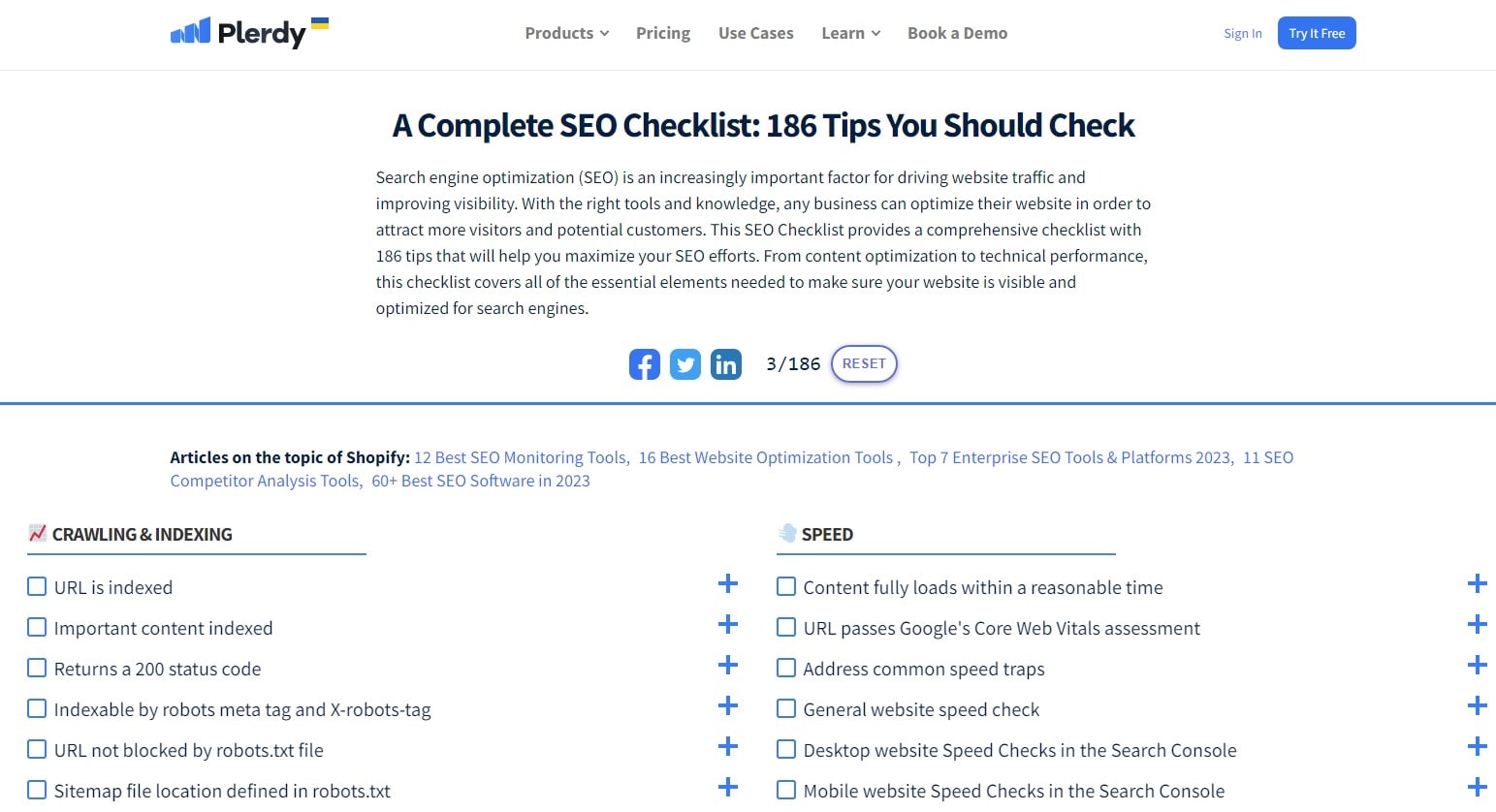
Regular SEO audits for your musician’s website are essential for maintaining its online performance – ensuring everything is optimized to resonate with your audience effectively.
Audit Process for SEO:
- Check Keyword Performance: Regularly review which SEO keywords are bringing traffic to your musician’s website and which aren’t. It’s akin to understanding which tunes resonate most with your audience.
- Analyze Backlink Quality for SEO: Ensure your backlinks are still relevant and beneficial for your SEO. Think of it as ensuring every aspect of your online presence harmonizes with your musical brand.
Keeping Content Fresh for SEO:
- Update Regularly: Refresh your musician’s website with new content, such as upcoming gigs, recent releases, or blog posts, to maintain SEO relevance.
- Technical Health for SEO: Regularly check for broken links, loading issues, or outdated plugins on your website. A smoothly running website contributes to effective SEO, much like a well-tuned instrument for a musician.
Regular SEO audits and updates are crucial for maintaining a robust online presence for musicians. They update your website with search engine algorithms and optimize SEO to engage and attract visitors. In digital marketing, the health of your musician’s website is key to ensuring your music reaches as many ears as possible through effective SEO strategies.
Conclusion
As we hit the final note of our SEO symphony, remember that mastering SEO is a continuous journey, much like perfecting your musical craft. Each strategy amplifies your digital presence, from keyword optimization to engaging with your audience. Like in music, harmony in your SEO efforts can lead to a standing ovation from your online audience. Keep exploring, keep refining, and most importantly, keep playing your unique digital tune. Curious about more digital strategies to enhance your music’s reach? Dive into Plerdy’s blog for a treasure trove of insights. And if you’re ready to take your website’s performance to the next level, remember that Plerdy is here to help you orchestrate your online success.
